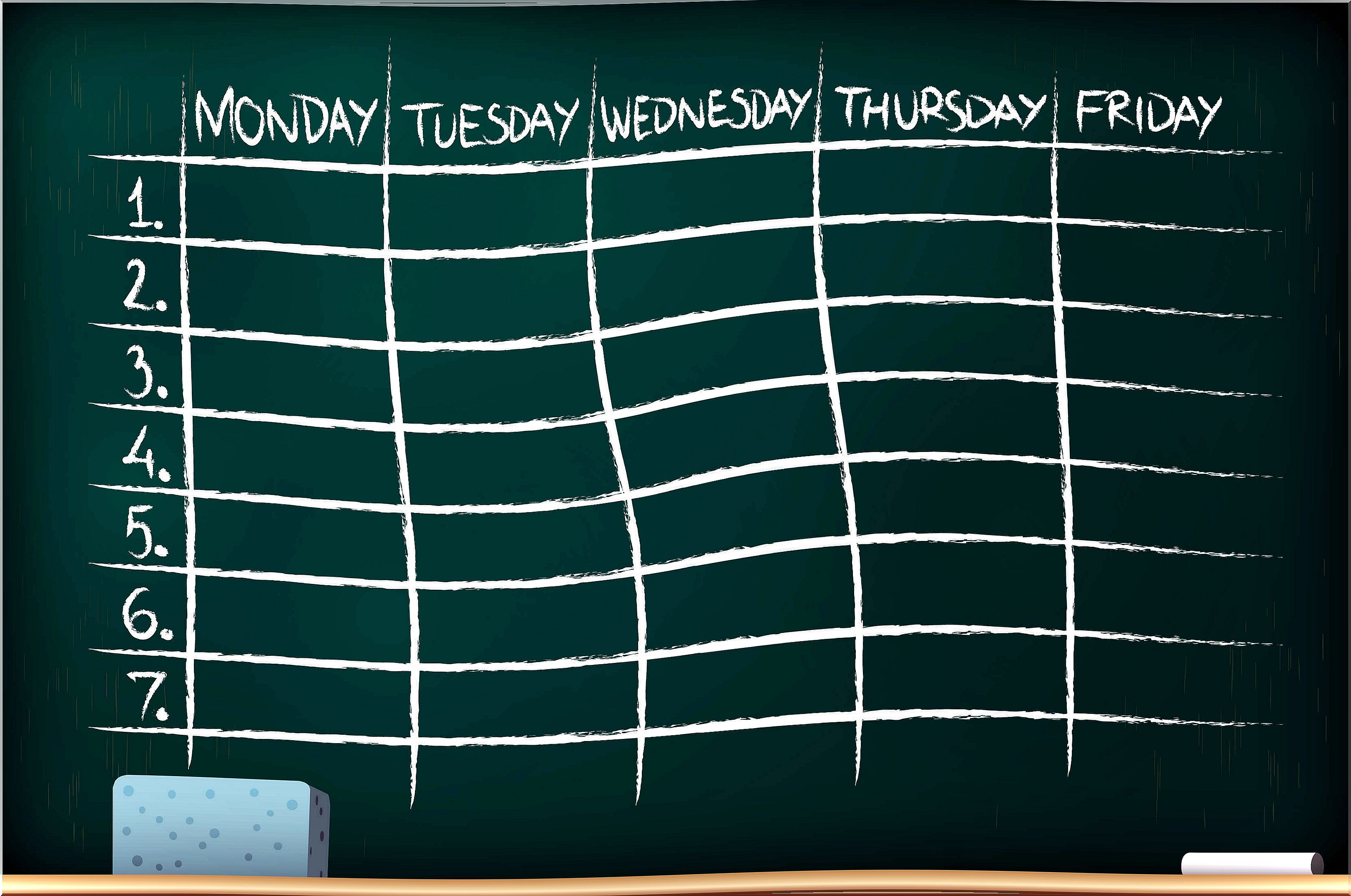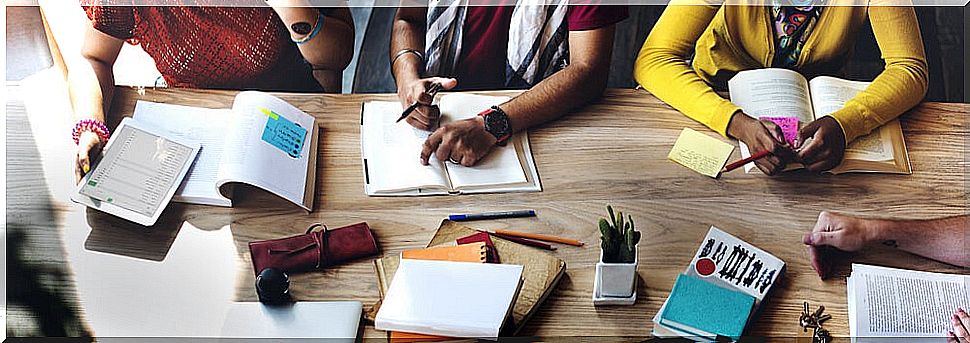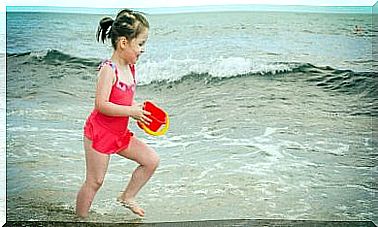How To Face An Efficient Study Session

Current teaching currents are opting more for a directed teaching in which the figure of the teacher is seen as a guide in the learning process of students, in contrast to older methodologies in which the subject was taught in ‘master classes ‘. However, for this, it is necessary to teach children how they should face a study session efficiently.
There are many learning methodologies that are taken into account today: active, constructivist, reflective …, very much in line with Gardner’s Theory of Multiple Intelligences. This tells us that there is no single correct method either to teach or to learn, but that we must adapt them to our capacities and conditions.
To see which methodology best suits each of us, we need to start the house with the foundations and not with the roof. And, through a simple exercise of reflection and self-criticism, let’s honestly assess how we are doing our tasks at home to obtain the best possible results with the least effort. Is there time to play and study?
Planning an efficient study session
The answer is yes; it’s just a matter of getting organized. For this we advise that your children start by making a simple schedule with the activities they do in the afternoons, but only those that are not related to the overwhelming duties. And let them draw up a list of those extracurricular activities that they would like to do and for which they think they don’t have time.

The schedule should range from coming home from school to dinner time for elementary school children, and span a little longer after dinner for middle school children. Although you will see that with a good organization this time is rarely needed for school assignments.
Now we will have to leave reflected in the weekly schedule the time that we are going to dedicate to the study, establishing a greater number of hours for those tasks that are more difficult and less for the subjects with simpler content. This planning helps them to obtain good study habits and to dose the effort.
- The more difficult subjects should be assigned a greater number of weekly sessions, but shorter ones.
- On the other hand, we can dedicate more time per session and fewer weekly sessions to the simplest ones.
- Experts recommend dedicating an average daily study of between 30 minutes and 2 hours for elementary school students. And from 1.5 hours to 3 hours for secondary school. This will depend on whether we are in exam time or it is an ordinary study week.
- It is better not to sit down to study after eating, as it increases the feeling of sleep. It is preferable to take advantage of this time to rest a little and be cooler before starting to study.
What should we do when it is time to sit down to study?
Students are like an elite athlete: they need a good place to train, warm up, stretch, and take advantage of peak performance hours. Children are estimated to be able to concentrate for 40 minutes or 1 hour, with breaks of 5 to 10 minutes. And it is advised to start with a simple task that takes no more than 15 minutes, as a warm-up, and ends with an easy read to ‘stretch the mind’.
The workplace must be orderly to avoid distractions. Nowadays, information comes to them through multiple channels: television, internet, work groups on mobile phones, social networks… They are superimposed; All these media can be used as ICT to implement their work sessions, but we must teach them to be selective with the information they receive, otherwise all of them will be nothing more than a mere distraction.
The place of study must meet certain requirements that encourage the desire to study and improve their concentration:
- It should be well lit. Of course, there is nothing better than natural light, but we can supply it with a blue light gooseneck.
- We must avoid reflections on the paper, so we will place the focus in a central position or on the opposite side of the hand with which we write.

- We must remember to ventilate the room during the break to regain strength to oxygenate the room and create a healthier environment.
- It is not good to study with music or the radio, as it can distract us from the text that we are addressing. If it is about practical exercises, we can try to study with instrumental music in the background.
- The study table must have at hand everything we will need : pencils, colored pens, highlighters … Thus, we will avoid getting up too many times to look for the material and we will not break our concentration.
- We must be comfortable but not too comfortable or we will want to take another ‘nap’. The chair must be ergonomic and the room must be at a temperature of about 22º.
Motivation and academic performance in a study session
Both factors are, without a doubt, the most important to face a study session and any educational stage successfully. Murillo (2013) described performance as “ the sum of different and complex factors that act on the person who learns. It is a value attributed to the student’s achievement in academic tasks. “
But we must not lose sight of the motivation and these inspiring words of the educator Paulo Freire: “The study is not measured by the number of pages read in one night, nor by the number of books read in a semester. Studying is not an act of consuming ideas, but of creating and recreating them.










